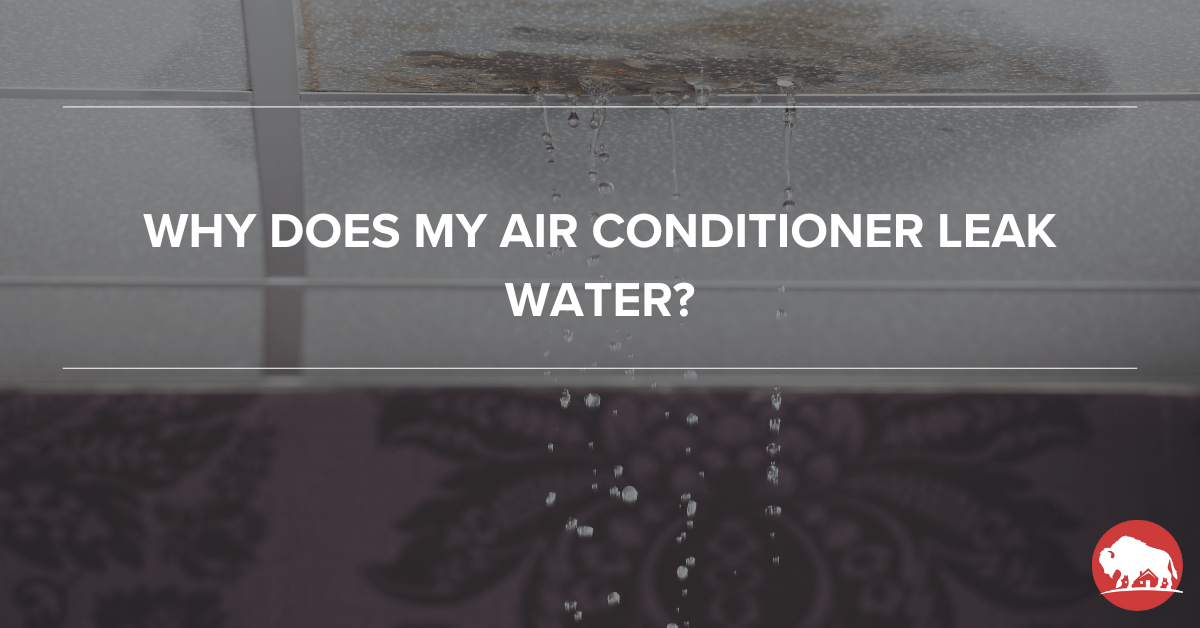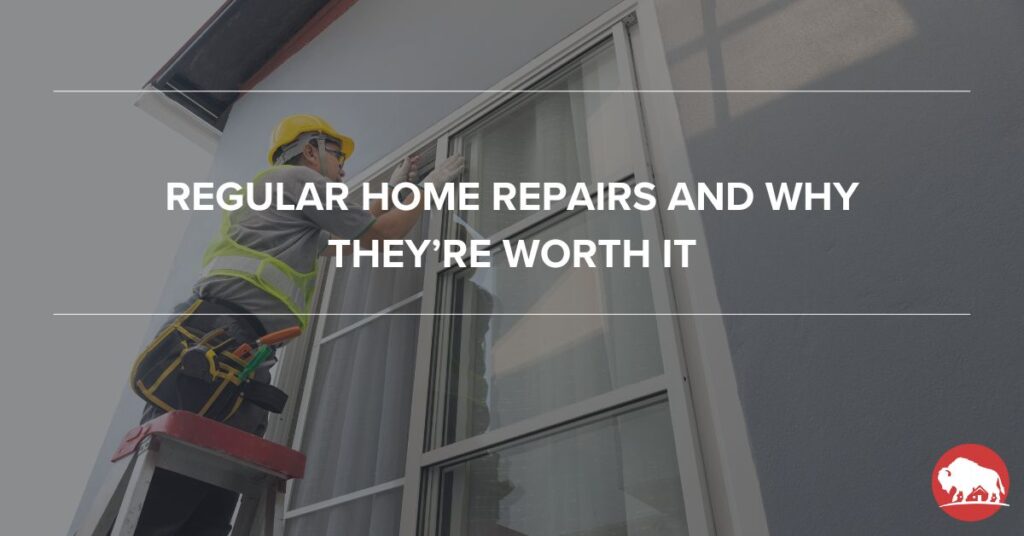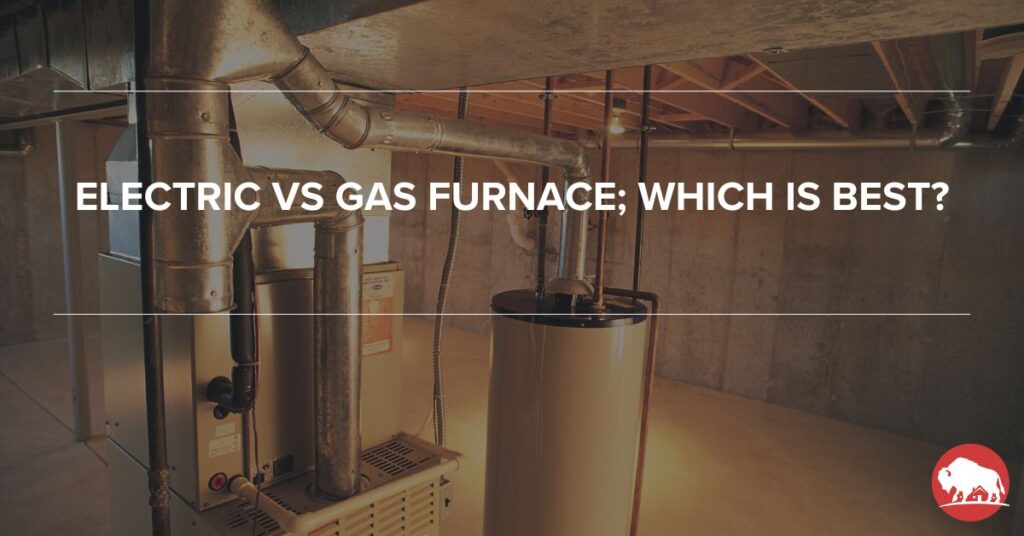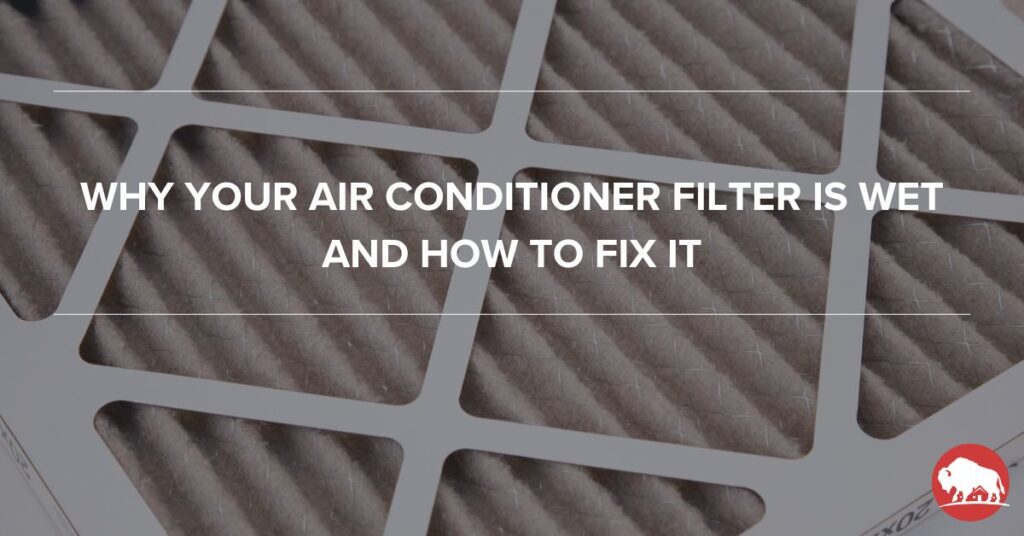When you spot a puddle of water near your air conditioner, it’s easy to feel a wave of panic. After all, a leaky AC can spell trouble for your home and your wallet. But before you worry too much, know that you’re not alone—around 90% of U.S. households use air conditioning, and leaks are a common issue many homeowners face. Understanding why your AC is leaking and how to address the problem can save you from costly repairs and keep your home cool and comfortable. Let’s dive into the common causes of air conditioner leaks and what you can do to fix them.
How Water Forms in Your Air Conditioner
First, let’s clear up how water ends up in your air conditioner in the first place. Modern air conditioning systems usually have two main parts: the indoor and outdoor units. The indoor unit houses the evaporator coil, which cools down the warm air from your home. When warm air blows over this coil, condensation forms—just like water droplets on a cold glass of water.
This condensation drips into a condensate pan and is supposed to drain out of your home through a PVC drain line. However, things don’t always go as planned, and that’s when you might find water where it doesn’t belong.
Common Causes of an Air Conditioner Leak
1. Clogged Condensate Drain Line
One of the most common culprits behind a leaking air conditioner is a clogged condensate drain line. Over time, this line can get gunked up with dirt, dust, algae, and other debris. When that happens, the water has nowhere to go, so it backs up and overflows, leading to that dreaded leak.
What Causes a Clogged Drain Line?
Anything from everyday dust to mold growth can clog the drain line. If your AC system hasn’t been maintained regularly, the chances of a clog go up significantly.
How to Fix a Clogged Drain Line
You could try using a wet/dry vac to clear the clog yourself, but be cautious. If you’re not sure what you’re doing, it’s best to call in a professional who can safely remove the blockage without damaging your system.
2. Poor Installation
If your AC unit is fairly new and already leaking, there’s a good chance the installation wasn’t done right. Maybe the installer didn’t level the unit properly, or perhaps there’s a loose connection somewhere. Poor installation can lead to all sorts of problems, leaks included.
How Poor Installation Leads to Leaks
When an AC unit isn’t installed correctly, it can lead to misaligned parts, insufficient drainage, or even issues with the foundation it’s sitting on. All of these can cause water to pool where it shouldn’t.
How to Fix Installation Issues
If you suspect that poor installation is behind your leak, it’s best to contact a professional HVAC technician. They can inspect the system, identify any installation errors, and make the necessary adjustments to prevent future leaks.
3. Dirty Air Filters
We all know we should change our air filters regularly, but it’s easy to forget. When filters get dirty, they restrict airflow, which can cause your evaporator coils to freeze. When that ice melts, it has to go somewhere, and that somewhere is often your floor. If your air conditioning filter is wet, there is a real problem!
Impact of Dirty Filters on AC Leaks
A dirty filter doesn’t just cause leaks—it also makes your AC work harder, which can lead to other issues like increased energy bills or even damage to the system.
How to Fix and Prevent Dirty Filters
The fix here is simple: Check your air filter every month. If it looks full, replace it. If you’ve already got ice buildup on your evaporator coils, turn off your AC for 24 hours to let it thaw out after changing the filter.
4. Frozen Evaporator Coils
Speaking of frozen coils, these can be another major cause of water leaks. When airflow is restricted or refrigerant levels are low, the evaporator coils can get too cold, causing them to freeze. Once the ice melts, the water can overflow the drain pan and leak out.
Causes of Frozen Coils
Frozen coils can result from dirty air filters, low refrigerant levels, or even blocked vents. Anything that restricts airflow or makes the coils too cold can lead to this issue.
How to Fix Frozen Coils
First, turn off your AC to let the coils thaw. Then, check for dirty filters, blocked vents, or low refrigerant levels. If you’re not comfortable diagnosing the problem yourself, it’s time to call a pro.
5. Low Refrigerant Levels
Low refrigerant is another common issue that can lead to frozen coils and, subsequently, leaks. When refrigerant levels drop, the evaporator coil can’t absorb enough heat, leading it to get colder and eventually freeze.
How Low Refrigerant Causes Leaks
When those frozen coils start to thaw, all that built-up ice turns into water, which can overwhelm the drain pan and cause leaks.
How to Address Low Refrigerant Issues
Handling refrigerant is not a DIY job. If you suspect low refrigerant levels, call a licensed HVAC technician. They can inspect the system for leaks, recharge the refrigerant, and get your AC back to normal.
6. Damaged or Rusted Condensate Drain Pan
If your AC unit is on the older side (think 12 to 15 years old), the drain pan might be damaged or rusted. A damaged pan can’t hold water as it should, leading to leaks.
Signs of a Damaged Drain Pan
Look for rust, cracks, or any other visible damage. If the pan is in bad shape, it’s likely the source of your leak.
How to Fix or Replace the Drain Pan
Replacing a drain pan is a job for a professional. They’ll make sure the new pan is properly fitted and that everything is draining as it should.
7. Broken Condensate Pump
If your AC unit is installed in a basement or other low-lying area, it probably has a condensate pump to move water outside. If that pump breaks, the water has nowhere to go and can leak out of the unit.
How a Broken Pump Leads to Leaks
A malfunctioning pump can’t move water out of your home, so it ends up leaking from your AC unit instead.
Repairing or Replacing a Condensate Pump
You’ll need to have a technician repair or replace the pump to stop the leak and prevent further water damage.
8. Incorrectly Sized AC Unit
Believe it or not, having an AC unit that’s too big or too small for your space can lead to leaks. An oversized unit might cool your home too quickly, leading to short cycling and moisture buildup. On the other hand, an undersized unit might struggle to remove humidity, causing water to accumulate. Learn what size AC unit is best for your home.
The Effects of an Incorrectly Sized Unit
Both oversized and undersized units can cause your AC to work inefficiently, leading to leaks, higher energy bills, and poor humidity control.
Solutions for Incorrectly Sized AC Units
Unfortunately, fixing this issue usually means installing a new, correctly sized AC unit. Make sure your installer performs comprehensive load calculations to get the right size this time.
Importance of Maintenance for an Air Conditioner Leak
When it comes to air conditioner leaks, the best offense is a good defense. Regular maintenance can catch many of these issues before they become major problems. And when in doubt, don’t hesitate to call a professional. They have the tools and knowledge to diagnose and fix leaks quickly, saving you from potential water damage and costly repairs.
Air Conditioner Leak Conclusion
AC leaks can be a hassle, but understanding the common causes can help you tackle the problem quickly and prevent further damage. From poor installation and clogged drain lines to dirty air filters and low refrigerant levels, there are several reasons why your AC might be leaking. By addressing these issues promptly—whether by cleaning filters, unclogging drain lines, or seeking professional help—you can ensure your AC runs smoothly and keeps your home cool without the worry of water damage. Remember, a little maintenance goes a long way in keeping your air conditioner in top shape!






